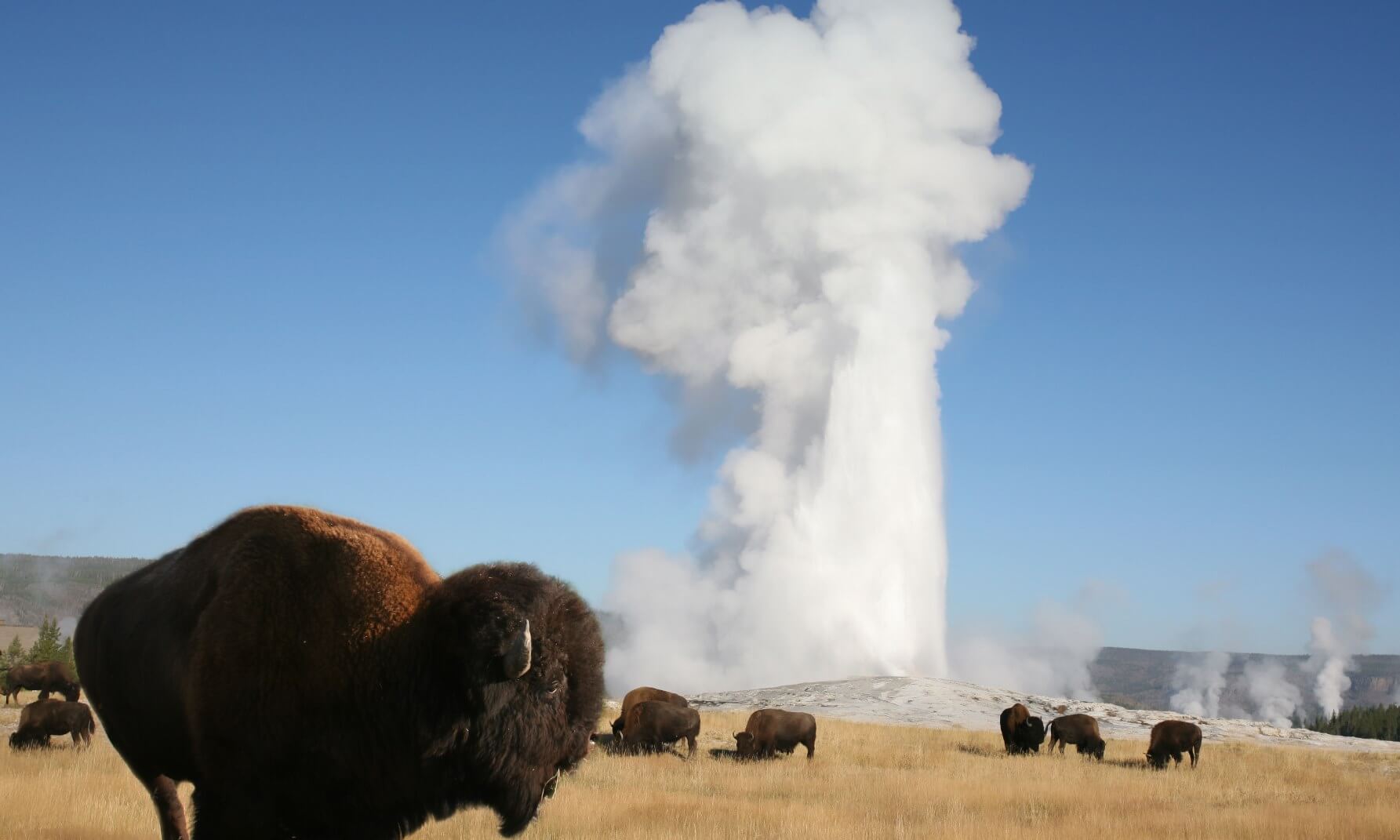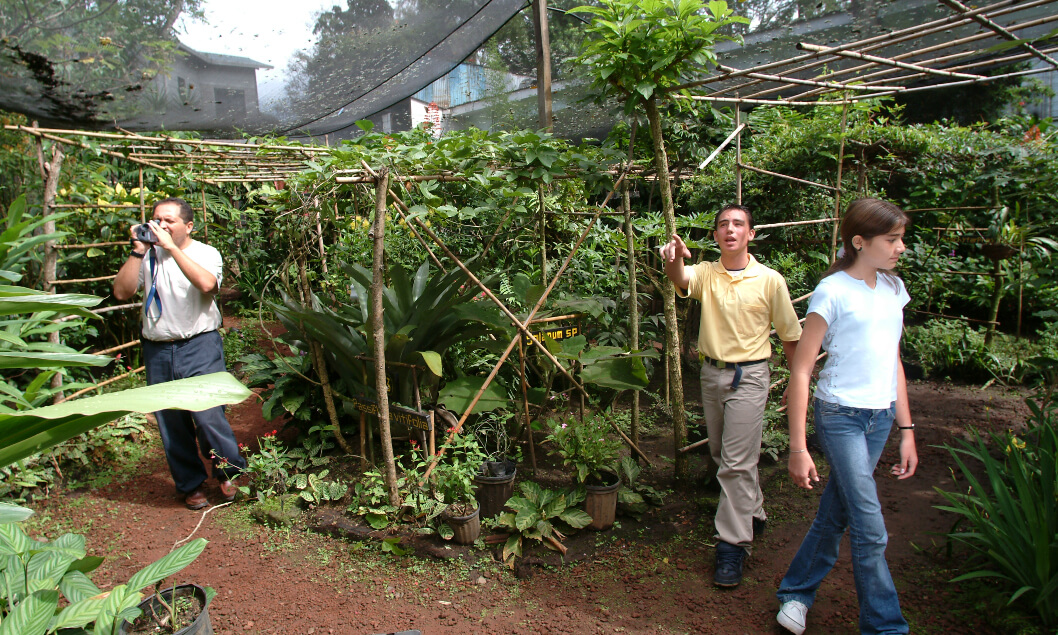As sequencing one’s genes becomes more common, the field of social genomics is growing.


As sequencing one’s genes becomes more common, the field of social genomics is growing.

Meet a bizarrely adorable creature that lives in the deep sea all over the world.

In recent years we’ve heard at lot about the possibility of the volcanoes at Yellowstone erupting. Find out the facts about this rumored disaster.

A day is a day long, right? Not so fast. Author Randall Munroe explores the difference between what we perceive and how fast the Earth is turning.

By incorporating environmental data into her artwork, scientist and artist Jill Pelto hopes to inform an audience who might not otherwise seek out the information. Scroll through the images at the top of the article to view her work.

What goes on in our brains before we ever put a piece of food in our mouths? Our senses of smell, sight and touch contribute a lot to how we perceive the taste of food.

China are in the process of building a futuristic “Forest City” aimed at helping to improve the problem of air pollution and climate change. It is a great initiative and one that could be replicated in other countries in the future.

Scientists gathering data recently came upon the deepest-known cold water coral reef. It is located in Irish waters, specifically in the Atlantic Ocean. With this discovery comes the surprise and excitement of finding new species.

An Audubon Society program for nursing homes and assisted-living facilities, Bird Tales is intended to help people with dementia connect to the natural world. By encouraging elderly patients to create better habitats for native bird populations, both communities benefit.

Psychology researchers are beginning to change one of their most basic assumptions about their test subjects.

If you thought we already knew about all of our fellow earthlings, think again.

Interestingly, caves provide a great training ground to prepare astronauts for outer space. In the cave a multicultural team spend six days of training in the isolation and confinements of the underground.

What springs to mind when you think of interactive learning? Computers, apps, online tests? Think again! Last year 60 high school students in California teamed up with local volunteers from their community to create an outdoor space in which to learn, explore and enjoy.

CNN correspondent Kelly Wallace discusses her use of the word “sorry, ” as well as its use in society in general.

Read how outdoor outings can help released prisoners transition back into society.

A recent study showed that people who chose to act aggressively toward another person after being socially rejected felt better afterward.

There is no way to prevent tsunamis, the powerful waves that can devastate coastal areas. But it is possible to prepare for them, and even get warnings when they are coming. Learn about the causes and effects of tsunamis, and how research can save lives when they strike.

People react to threats and fear in different ways. Self-control can help avoid a dangerous confrontation. However, a new study suggests that teens’ brains are not wired to back down in the face of a threat.

When you have to make an important decision, what do you do? Sometimes two heads are better than one, and sometimes they are worse. Find out how working in a group to make a decision can affect the outcome.

By studying the brain activity of a few animals, scientists see some evidence in them of the ability of “episodic memory” or “mental time travel.” This planning of future actions based on past experience is seen as a sign of intelligence. Psychologist Thomas Zentall states that a hint of this ability is apparent in non-human primates, dolphins, scrub-jays, rats, and pigeons.